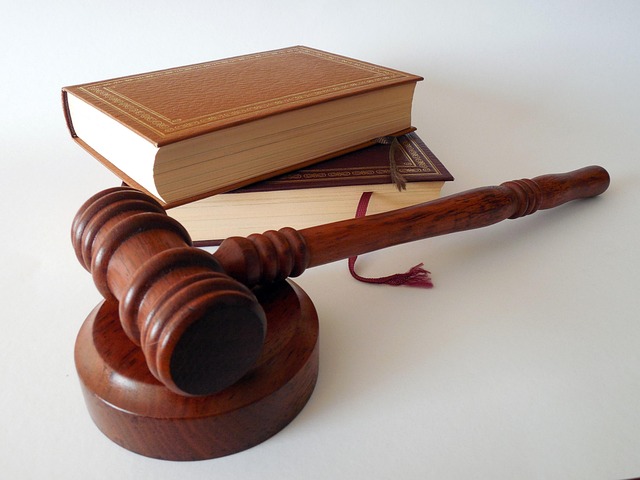The growing prevalence of extreme weather events is a stark reminder of the serious challenges our planet faces due to climate change. As floods, hurricanes, and wildfires become increasingly common, the importance of robust governance frameworks, including the rule of law, cannot be overstated. The rule of law serves as the foundation for protecting the environment and addressing the challenges posed by climate change.
At its core, the rule of law ensures that laws are applied equally and fairly, underpinning the rights and responsibilities of individuals, businesses, and governments. When it comes to environmental protection, a strong legal framework is essential for effective regulation and enforcement of policies aimed at mitigating climate change impacts. For instance, effective land use regulations can prevent overdevelopment in susceptible areas, while laws governing emissions can limit the greenhouse gases responsible for global warming.
The unpredictability of extreme weather can lead to severe repercussions for communities, especially for those already vulnerable due to socio-economic factors. Here, the rule of law acts as a bulwark, ensuring that affected individuals have access to justice and remedies. When communities are empowered with legal rights, they can hold polluters accountable and seek reparations for damages resulting from environmental degradation. Furthermore, transparency and accountability are critical to fostering public trust and engagement, which are essential in mobilizing citizens to participate in climate action efforts.
Moreover, international cooperation, anchored in the rule of law, plays a vital role in combating climate change on a global scale. Climate change knows no borders, and international treaties and agreements, such as the Paris Agreement, establish frameworks for countries to collectively address this pressing issue. These legal instruments not only facilitate collaboration but also set binding obligations for nations to reduce greenhouse gas emissions and enhance climate resilience.
In addition, the rule of law allows for the incorporation of scientific evidence and community knowledge into climate policies. When laws are based on sound science and the lived experiences of those on the front lines of climate change, they tend to be more effective. For example, Indigenous knowledge has often gone untapped in mainstream climate strategies, even though it offers valuable insights into sustainable practices that have thrived for generations. When governed by the rule of law, policymakers can ensure that this knowledge is both respected and utilized in crafting comprehensive adaptation and mitigation strategies.
This multifaceted relationship between the rule of law, environmental protection, and climate change mitigation is indispensable. As we witness increasingly severe weather events, it is imperative that we advocate for stronger legal frameworks that prioritize sustainability. Fostering a culture that respects the rule of law can empower communities, hold corporations accountable, and ultimately lead to more effective climate action. Together, we can build a more resilient world, one governed by principles of equity and justice, ensuring a future where both people and the planet can thrive amid uncertain climates.




